For as long as I can remember, reading has been my passion. I grew up in a home of readers who loved sharing books. My mom could not attend formal school at an early age as she and her family were interrupted by the horrors of Kristallnacht and the Holocaust.
For anyone who has had books taken away from them or who hasn’t yet developed a love of reading, there are 21 reasons why reading is important.
1. Provides Learning Experience

It doesn’t matter what you read; you’ll absorb something that will impart knowledge. Rotate your reading between contemporary fiction, classics, and non-fiction to explore and grow mentally, emotionally, and psychologically. You can find valuable concepts essential to your job, health, and finances by searching your neighborhood library, and bookstores or downloading books online.
2. Read Books Out Loud To Your Babies
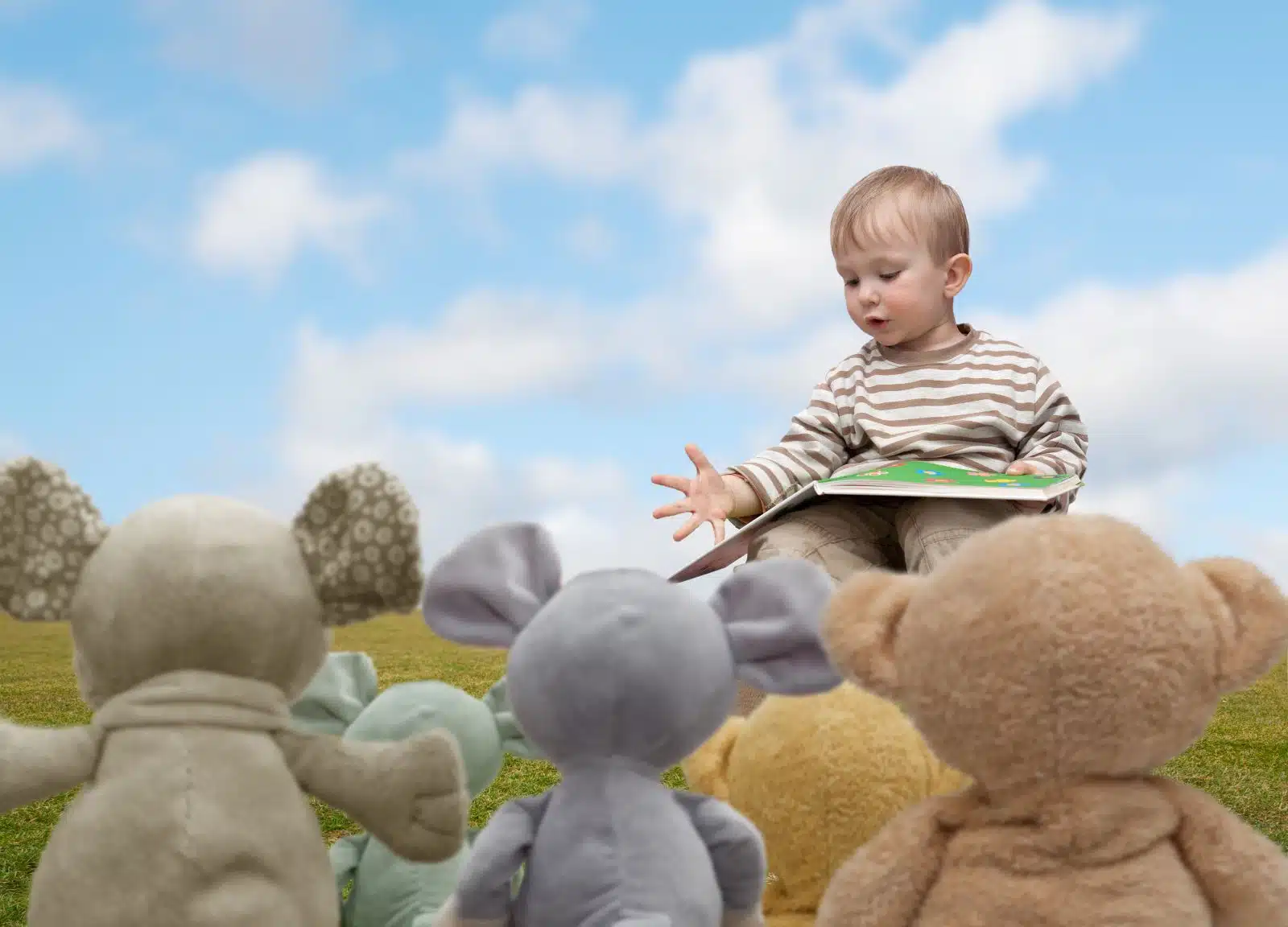
Start reading out loud to your babies as early as possible. They may not know what you’re reading, but they listen to the sound of your voice and emotions. Reading will help them go to sleep, and as they age, they will engage more with the stories. Books and reading awaken children to emotional and cognitive development, joy, and entertainment and helped them all form bonds with favored stories.
It may be generational that our kids collectively don’t read as much as our friends or us. According to the American Psychological Association study, the percentage of 12th graders who read a book or magazine dropped from 60% in the late 1970s to 16% in 2016 due to the rise of digital media.
3. Have More Empathy

Reading exposes us to many different personalities, situations, and cultures. We begin to share the characters’ feelings as we actively move through time with them. We can better understand ourselves and others from their hardships, experiences, and outcomes. They make us cry, laugh, and ponder our own lives. Certain characters stay with us long as meaningful versions of who we are or don’t want to be. Are we cheering for the “right” person in the story, and will they remain faithful to our image of that character?
4. Reading Teaches Us To Be Humble

As a reader, it becomes clear how much we don’t know no matter how many books we read. Those who are most educated, like our medical doctors, often have what is called intellectual humility. A Pepperdine University study in 2022, led by Elizabeth J. Krumrei-Mancuso, revealed that intellectually humble people tend to be more intelligent because they have a more open mind and may change their views on new information.
5. Discover Places Around The World

Reading expands our view of places and cultures worldwide and historical times. Through books, we can go back to the past or the future, travel to space across deserts, and visit those who are sick, impoverished, or wealthy. In a favorite book, Time and Again by Jack Finney, the characters traveled back to 19th-century Manhattan brownstones. Find books that provide insights into other cultures help us discover other people.
6. Get Out Of Your Comfort Zone
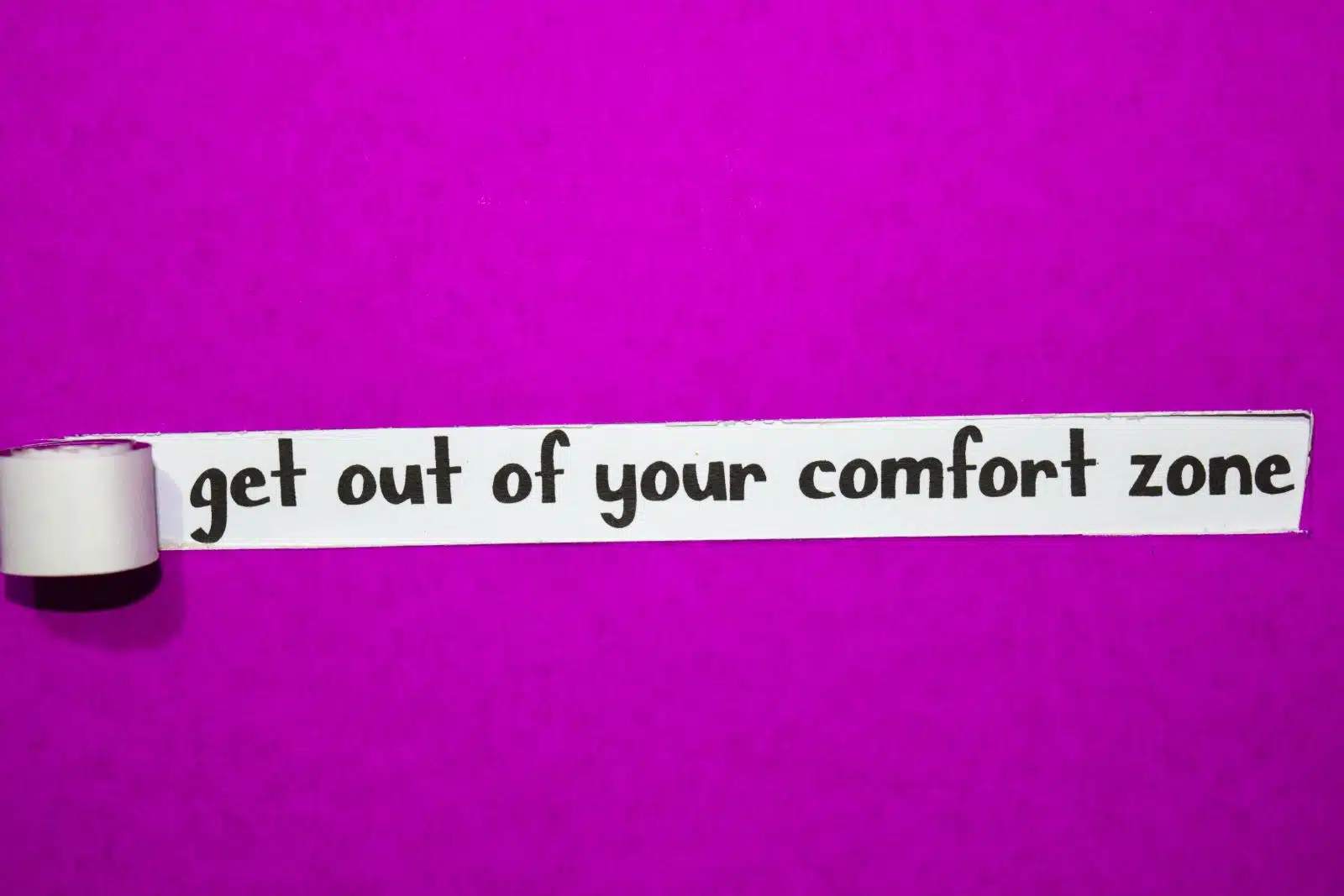
Many people read for fun and enjoyment and stick with one category, like historical fiction. For the longest time, I feared reading science fiction and dystopian works, thinking it would be too technical, abstract, and upsetting, and I avoided anything futuristic. However, I challenged myself to find new titles. I found and devoured 1984, Fahrenheit 451, Station Eleven, Brave New World, The Giver, and Ready Player One in short order. Surprise yourself and try new genres to add to your new learning experience.
7. Books Can Be Life-Changing

Life-changing books are rare, but when you find them, they are beautiful gifts. What makes a book life-changing? Our life-changing books are individual choices, but they are books that give you a different perspective on life and have these characteristics:
- It has a tremendous impact on our life and soul.
- It can reshape the way we think and believe.
- They can change our hearts, minds, and how we see the world.
- It adds a new dimension to your personal and potentially professional life.
- Causes self-reflection.
- Stays with us forever.
Lucky is the person who adds a new life-changing book to their library. It is fun and perhaps a little selfish to give a life-changing book to friends as gifts. Here is a sample of my list:
- Man’s Search For Meaning by Viktor Frankl
- The Year of Magical Thinking by Joan Didion
- When Breath Becomes Air by Paul Kalanithi
- The Last Lecture by Randy Pausch
- Shantaram by Gregory David Roberts
- The Diary of a Young Girl by Anne Frank
- Shakespeare Saved My Life by Laura Bates
8. Provides Inspiration And Motivation

Fiction and non-fiction nourish your energy and expand your thoughts into new territory. Stories can excite you with new and creative ideas almost by accident. Sometimes, these inspiring ideas can surprise and enlighten you. It may be a famous quote from Henry David Thoreau that you read before but is now in a different context and provides insights into yourself you hadn’t thought of before.
9. A Break From Social Media

We all spend too much time on social media that can be better spent reading great books. Reading books can spread positivity and knowledge. They are not written to spread untrue facts, logic, or information the way social media tends to do. Make a conscious effort to put down your phone and a pick-up book.
10. Scientific Reasons For Exercising Your Brain
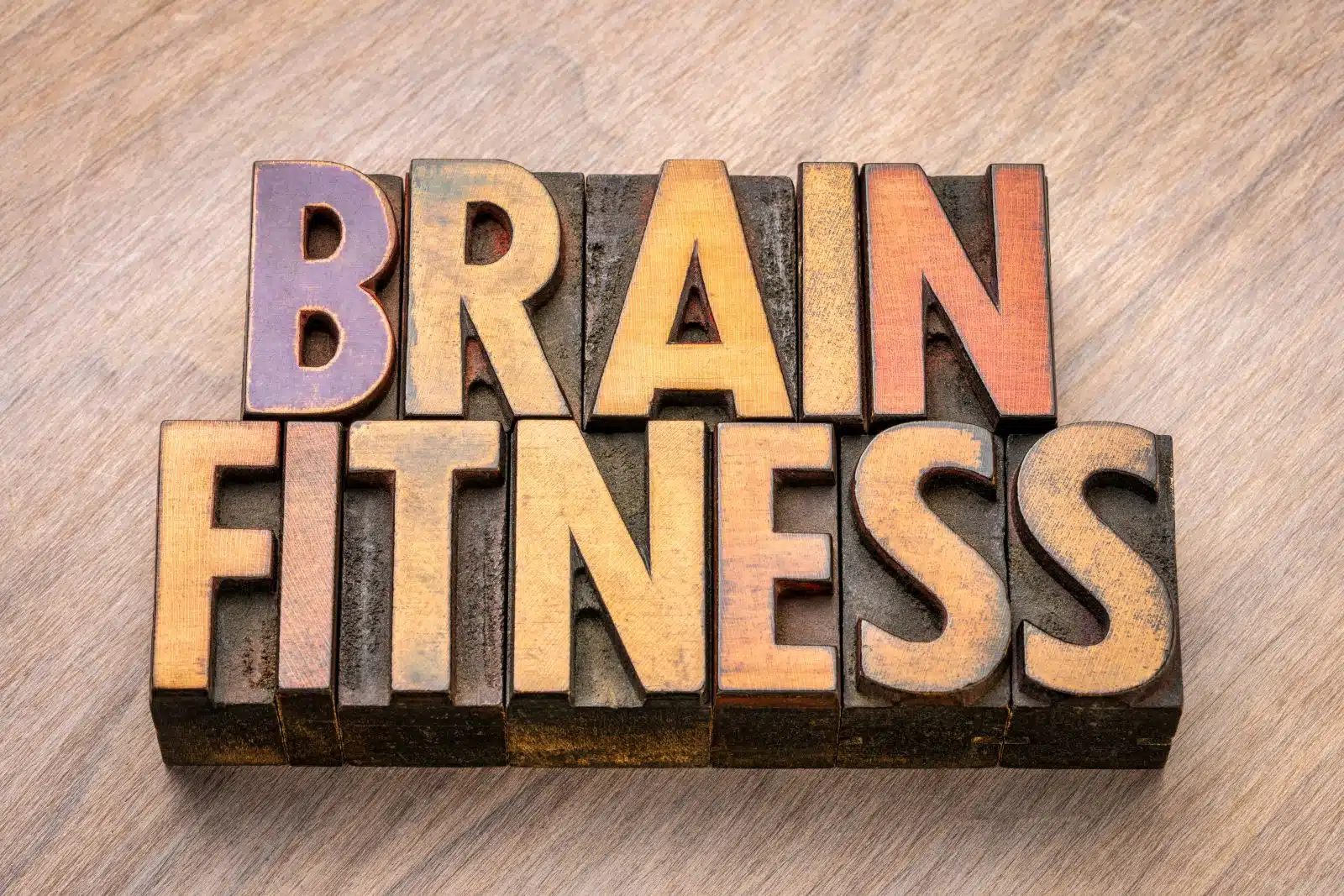
There have been several studies that link reading with brain changes. Cochrane Library, a UK scientific review board, found that reading, puzzles, chess, and other activities improved scores on memory and thinking tests for those with dementia, equivalent to about a six to nine-month delay in worsening symptoms. Emory University researchers using the college’s undergraduates found a powerful work of fiction (i.e., Pompeii by Robert Harris) that can make neural changes in your brain and improve its functions for days after the assignments associated with the story.
11. Mental Health Benefits
Just as reading can stimulate your brain physically, fiction can help people dealing with depression and anxiety to feel more connected to stories and characters facing similar situations.
Bibliotherapy is the art of using books to aid others in dealing with grief, anxiety, or depression. This area has been around since the early 20th century in the UK before making its way to the US. Although bibliotherapists may prescribe poetry, philosophy, or non-fiction, literary fiction is more common and better for people to gain from empathetic feelings of stepping into another’s shoes.
12. Can Improve Focus And Concentration

When reading a book I am interested in, I become very focused and can screen out noise around me. I often grab a book and find a park bench or a nearby coffee shop and get lost in my book. The compelling book Moonwalking With Einstein is a nonfiction book about the author Joshua Foer’s journey as a participant in the US Memory Championship about competitive memorization and concentration. Concentration is a skill that helped me get through law school as an older adult, even though I was reading legal books
13. Grows Your Vocabulary
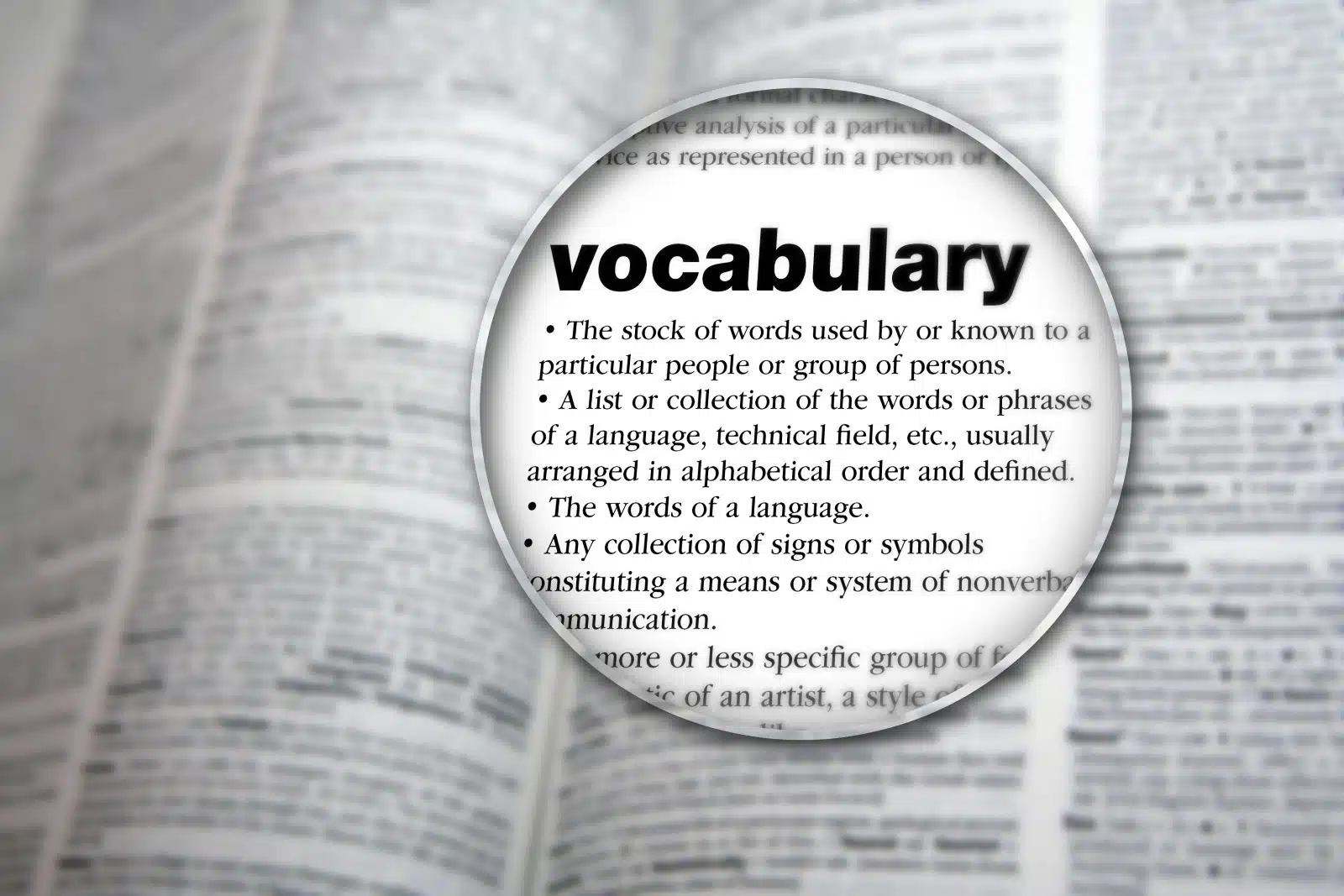
Vocabulary is not everyone’s strong suit, but reading is the best way to lift your knowledge and decipher new words. Reading pays off, along with accessing a dictionary. With today’s technology, no one has a legitimate excuse for not looking up challenging words.
14. Soft Skills Booster
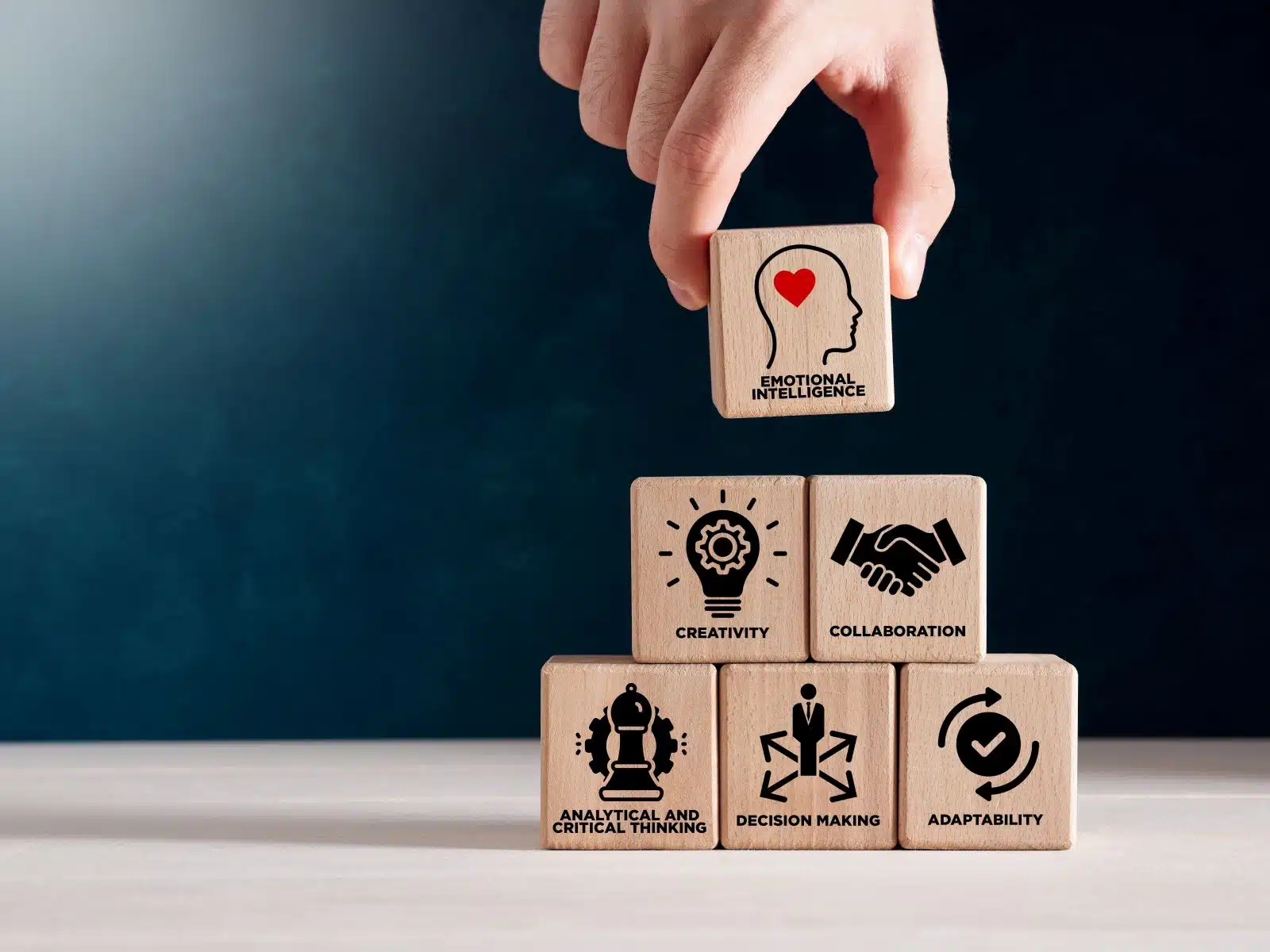
You can expand many soft skills that can help you read more challenging books and will be helpful in your job and career. Try active reading, which is reading the content to understand and evaluate the material for its relevance to what you hope to learn. Annotate your books by underlining passages to emphasize words, concepts, quotes, or something that jumps out. Revisit the classics you read for school, and you will find a whole new understanding. You’ll strengthen soft skills like critical thinking, writing, communication, and analytical skills.
15. Learn More Languages

You can learn a lot from reading in your target language, which will improve your grammar and vocabulary, especially in context. The same way you can learn new words in English that may seem foreign may help you have a better handle on picking up foreign languages. You can become more fluent in another language by reading a story you know in your native tongue.
16. Reading Can Be a Starting Point For Research
There are times when reading tempts your cognitive senses with something new and engaging. It may cause you to question its validity or want you to recognize an exciting project for work. As a professor, I often write peer-reviewed articles on academic topics and am always searching for new material.
17. Conversation Starter

How do you start a conversation at a conference or a party where you don’t know a soul? Naturally shy, I’d prefer to get rope burns in such an environment. However, rather than running for the hills, networking is always an essential skill and usually works out after breaking the ice.
The question is how to break the ice. Although discussing the wild weather due to climate change may do the trick, it can be a turnoff. Readers tend to be better conversationalists as they have broader experiences. It is very easy to open a conversation and engage with someone when you share a book you are reading unless you happen on a non-reader.
18. Provides A Sense of Belonging

It is exhilarating to connect with people who enjoy reading and talking about books. Reading provides a sense of belonging when talking to people about your favorite books. I enjoy learning new titles from others, especially when we like similar books. Many of my friends are voracious readers and see books as friends. Our friendships strengthen when we share what we read.
19. Overcome Boredom By Carrying A Book
I have to be honest here. My tolerant mother was intolerant if we ever expressed boredom. Her reasoning was this: as long as you have the freedom to choose any book and it’s available, it’s impossible to be bored. The point is that if you enjoy books and learning, there are always things to do on rainy days or during downtime. I always carry a physical book or Kindle for those short periods when I am early, waiting for someone, or traveling.
20. Reading Can Destress Us

We live stressful lives, which can affect us mentally and physically. Studies have shown that reading is a good way to destress from everyday activities. It can change your focus from negative thoughts to a better place. You may want to add more humor and yoga to hedge your bets.
According to a 2009 study, reading reduced stress levels by as much as 68%, more than listening to music, having a cup of tea, playing video games, or going for a walk. Just six minutes of reading slowed heart rates and reduced muscle tension.
21. Reading Fulfills The Self-Taught, Especially Inmates

A few years back, I read Shakespeare Saved My Life: Ten Years In Solitary With The Bard by Laura Bates, which blew me away. Bates asked the warden if she could teach Shakespeare to the solitary prisoners in the super-maximum security wing at Wabash Valley Correctional Facility in Indiana.
With great effort, Bates won the campaign to teach the most dangerous prisoners sentenced to life without parole for the worst crimes. They had no access to the library books and, at first, no interest in reading Shakespeare. That changed, and she shared the findings of her experiences and what reading Shakespeare meant to these prisoners. While the education did not change the prisoners’ sentences, they found hope redemption, and expressed remorse.
Hi There!
With a passion for investing and personal finance, I began The Cents of Money to help and teach others. My experience as an equity analyst, professor, and mom provide me with unique insights about money and wealth creation and a desire to share with you.




